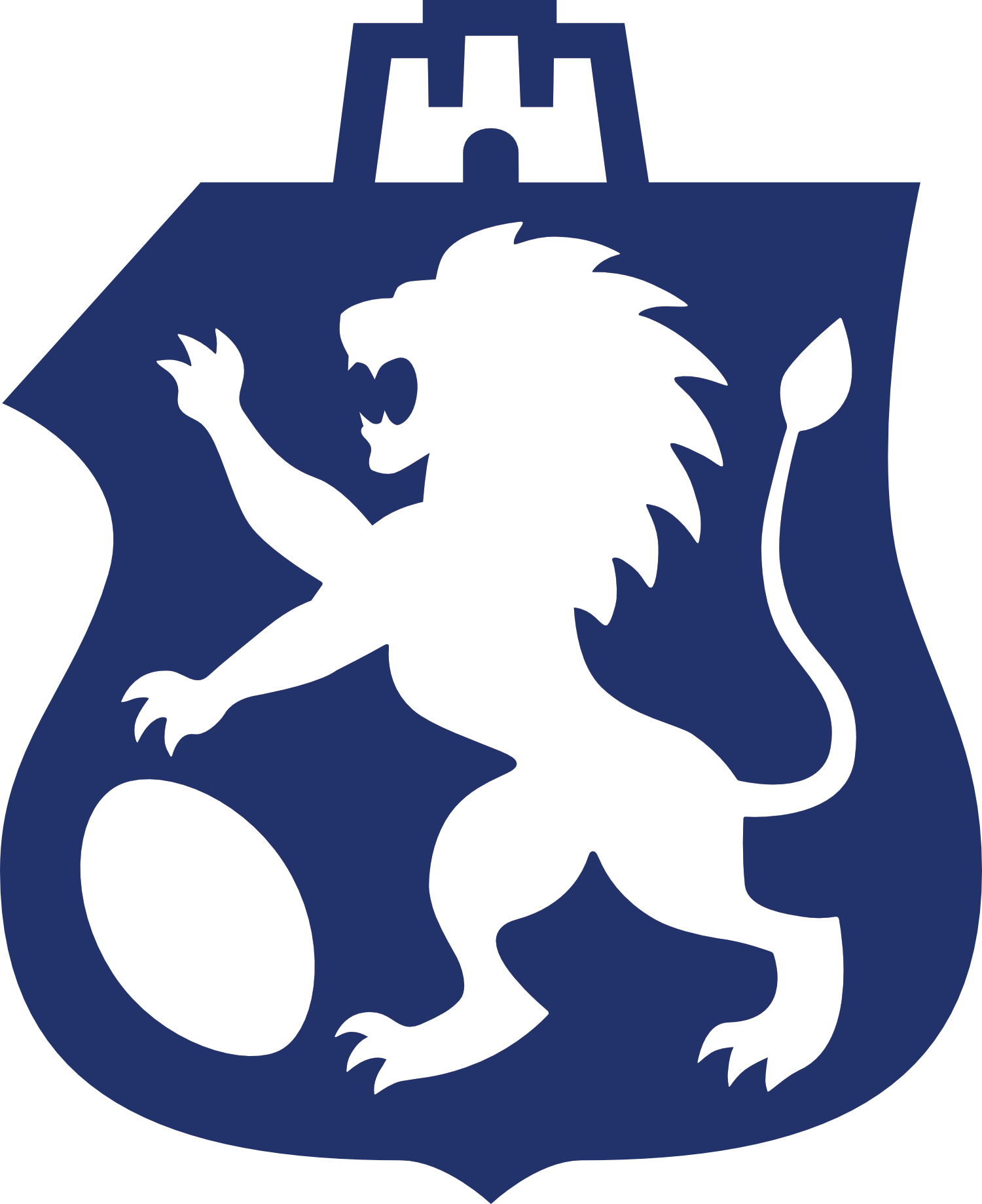The Golden Years 1974–1984

On May 25, 1974, Rugby Club Zagreb won the national Cup for the first time, defeating Split's Nada in Knin. This victory marked the beginning of a dominant streak of wins and titles that would elevate Rugby Club Zagreb alongside the city's greatest sporting legends. Player Nikola Ohnjec celebrated this monumental victory by doing a handstand on the Knin Fortress—right on the edge of a cliff! Furthermore, some club officials feared they would all end up in jail because the team was singing the Croatian patriotic song "Ustani bane" (Rise, Ban) in the middle of Knin.
Rugby Club Zagreb went on to win the national championship titles in the seasons: 1974/1975, 1975/76, 1976/77, 1977/78, 1979/80, and 1980/81. They also secured the Cup in 1980 and 1981. The club was so unrivaled during this period that coach Zdenko Jajčević, who had taken over the team from Bartolić, had to seek challenges outside the country's borders. Numerous tours and matches against some of the strongest clubs in France and England further hardened a team that went undefeated for several years.
After playing a 3:3 draw with Longwy in France on September 19, 1974, Zagreb decisively defeated the same French club 30:10 in Zagreb on August 30, 1975. A fun story tells of how Zagreb got a match against French top-tier club Bourgoin in 1977: Nikola Petranović, a chess grandmaster living in France, was playing chess with Bourgoin's coach. Petranović boasted that he would bring a team from Zagreb that would beat them. Zagreb lost 28:3, but the hosts were impressed. Following a match against Annecy (a second-division club at the time), Zagreb player Skledar continued his career with that French club.
In the summer of 1977, Bourgoin, reinforced with new players and having greater ambitions, came to Rovinj for training camp. As a result, the French side won both games convincingly (81:16 in Rovinj and 28:6 in Zagreb). The most significant international matches in Zagreb's history were played in England in February 1981. RFC London Welsh and RFC Leicester Tigers convincingly defeated the Zagreb team (62:0 and 78:0). The context behind these lopsided scores is important: a year earlier, the Romanian youth national team (from a period when Romania was defeating even France) had toured and beaten the Zagreb side. When the English heard a club from the Eastern Bloc was coming, they prepared very seriously, unsure what to expect. Zagreb simply couldn't compete with the English first-division teams, which remain at the top of English and European rugby to this day.
In 1978, since the Zagreb football team wasn't using the main pitch at the Kranjčevićeva stadium, RK Zagreb played two matches there. They soundly defeated Dinamo Pančevo 33:0. The Dinamo players were utterly perplexed as to how the Zagreb team managed to handle the slick leather ball so well in poor conditions on a snow-covered pitch. After the match, the Zagreb players revealed their secret: they had filled their pockets with rosin (a resin used in the production of string instrument bows)! They were constantly coating their hands with it to keep the ball from slipping.
The Zagreb Physical Culture Federation named RK Zagreb the best sports team in the city for 1978 and 1980.
In late 1979, coach Jajčević made a controversial move: he removed several older players from the squad who were unable to attend every practice. He brought in young players he had worked with for four years, along with several players from the strong Sisak club. With this revamped team, Zagreb won two consecutive double crowns (League and Cup). However, some still felt that the experience of the older players shouldn't have been so easily dismissed.
During this period, many Zagreb players formed the backbone of the national team. The Belgrade magazine Sport, in its traditional selection of the best, named Željko Pavlinec the best player and Zdenko Jajčević the best coach in 1978. In the same poll in 1980, Tihomir Vranešević was voted the best Yugoslav rugby player.












